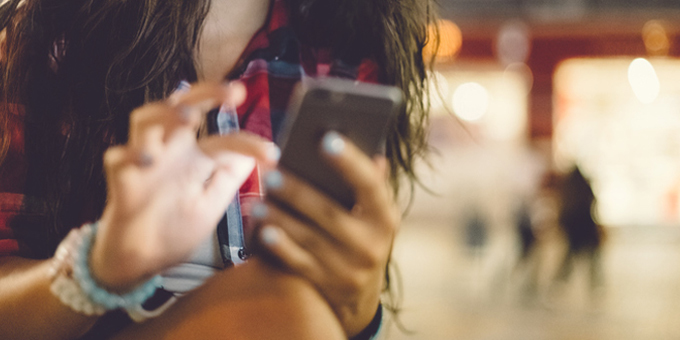The latest research report Global Kids Online: Digital Parenting Strategies and Behaviours of New Zealand Parents, published by NetSafe interviewed parents of children aged 9-17 about the prevalence of different practices to influence or mediate children’s internet use. Yey! Māori and Pacifika were under represented in the research, Further contributing to the increasing discrimination and online abuse of Māori that is occurring with little to no Māori representation with organisations whose role is to protect people online.
Lack of inclusion of Māori and Pacifika
The following is a misleading statement from the report:
“Netsafe’s latest research, Global Kids Online: Digital Parenting Strategies and Behaviours of New Zealand Parents, presents findings from a study looking at the strategies parents, caregivers and whanau in New Zealand use to mediate their children’s experiences of online risk and harm”.
This statement reflects a culturally unsafe organisation that can not even spell and use Māori words correctly and in one instance children was used in place of parents further reflecting the lack of care in the report. The statement also implies that whānau and Māori were engaged in the research. Yet, buried deep in the hard to read report, is the following statement that contradicts the above statement.
“Comparisons between Statistics New Zealand demographic data and the survey data suggested that some post-survey weighting was required to ensure a balanced age-gender profile of children and correct for an under-representation of Maori and Pacific respondents.“
This is a complex statistical practice used when not enough of a particular group are not able to be engaged with research. Considering Māori are well represented online, this again reflects an organisation that continues to not engage with Māori.
Key findings of Māori
Despite a number of many research points that could have assisted Māori to identify online protection, there were only four key statistics about Māori.
- Parents of Maori (31%) and Pacific children (34%) were most likely to check which websites their child often/very often had visited, while this was least likely among parents of NZ European/Pākehā (24%) and Asian (19%) children.
- Pākehā children were also least likely to allow them to play games with other people online (78%) and to share photos, video or music online with others (64%), with parents of children identifying as other ethnicity (95%) and Maori (73%), being most likely to allow, respectively, their children to do these two online activities.
- Parents of Asian children were least and Maori most likely to allow music or videos to be downloaded or streamed (80%, 89% respectively).
- Finally, our results did not show significant differences across different ethnic groups regarding parents restricting the use of the internet to read or watch the news, for school work, or spend time in a virtual world.
- Māori and Pacifika were just ignored in this key stat which could provide valuable information about how Māori children use the Internet especially during the lockdown. “It was more common for parents of Asian children to frequently share activities with their child on the internet (30%), while those of NZ European/Pakeha children were least likely to do this (21%). No stats about Maori.”
Conclusion
Despite a number of efforts by numerous Māori and organisations to engage with NetSafe, Māori continue to be ignored and discriminated against.
When Māori are resigning from positions due to racism and then orgnaisations such as NetSafe refuse to engage with Māori is an issue. But now, ignoring Māori in their research leads to the question “Why?”.
Increasingly Māori are facing discrimination by the community and organisations. It is becoming ever increasingly important to review, restructure and create a kaupapa Māori online safety organisation that recognises and honours Te Tiriti.


Leave a Reply
You must be logged in to post a comment.